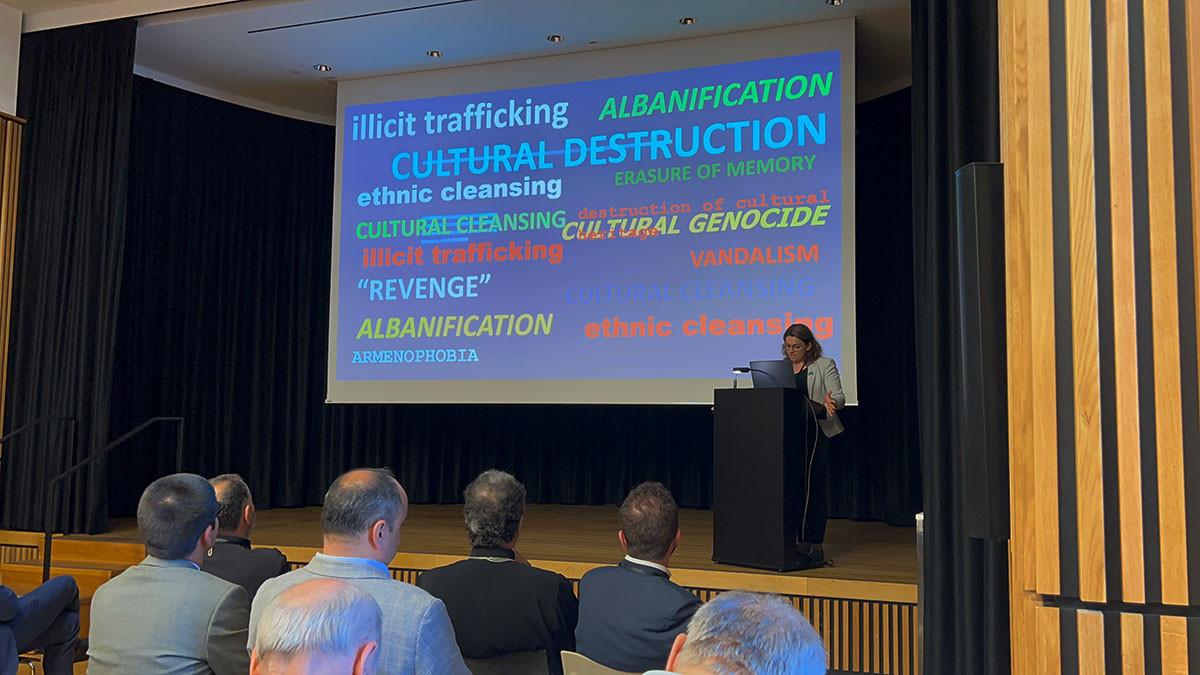
Vienna Conference on Saving Artsakh’s Armenian Cultural Heritage Takes Place Despite Azerbaijani Attempts to Thwart It
An international conference focusing on the protection of Artsakh's cultural heritage was held in Vienna recently, despite the Azerbaijani government’s attempts to prevent it.
The conference was organized by the University of Salzburg, the Austrian Office of the Blue Shield, the Vienna Museum of Historical Arts and the Etchmiadzin Mother See's Office for the Spiritual and Cultural Heritage of Artsakh.
Azerbaijani Ambassador to Austria Rovshan Sadigbayli went to the rector of the University of Salzburg and requested that Armenologist, linguist Jasmine Dum-Tragut be stopped from organizing the conference.
Prior to the conference, an exhibition entitled "Culture in Conflict: Artsakh Armenian Cultural Heritage" was on display in Salzburg from May 11-14, during which the book Artsakh Spiritual and Cultural Heritage was presented. The book was published on the initiative of the Artsakh Office for Spiritual and Cultural Heritage of Etchmiadzin Mother See. Dum-Tragut is the head of the office’s Austrian branch.
Dum-Tragut told Hetq that before the conference, the local Azerbaijani community and the embassy sent protest letters to the event participants, to the Vienna Museum, to Austrian state departments, and even to the army. She says this is par for the course. But the meeting of the Azerbaijani ambassador with the rector of the University of Salzburg concerned her. The next day, the event was covered on the front page of the university's website. Dum-Tragut says the university supported her by defending free speech and culture.
The “Culture in Conflict: South Caucasus Today” conference took place on May 13-14 at the Vienna Museum of Historical Arts. The main topic was the protection and preservation of Artsakh's Armenian cultural heritage.
Dum-Tragut says some of the potential participants refused to attend the conference because they said they did not want to get involved in the conflict, even though they were told the problem was cultural and not political. The Armenologist notes that while people in Austria have some knowledge about Armenia, they have not heard about Artsakh since the end of the 2020 war.
Dum-Tragut says that during and after the war she tried to spread as much information as possible about what was happening in Austria, and collected assistance for Armenian soldiers. As an Armenologist and linguist, she lectures on Artsakh and its cultural heritage, trying to keep the Austrian public informed.
Documentary film director Seda Grigoryan, one of the conference participants, told Hetq that it was organized by international players and that Armenians provided substantive support.
Armenian speakers at the conference noted cases of the demolition of churches, cemeteries, and various monuments in Artsakh after the war. Some of the speakers drew parallels between the situation in Artsakh and the appalling fate of the Armenian cultural heritage in Nakhichevan.
"When we talk about Nakhichevan and Artsakh, the policy pursued by the same Aliyevs during the last twenty years is evident. It is obvious that they want to achieve the same in Artsakh,” says Grigoryan, who is working on a film about Artsakh and the plight of its Armenian heritage.
She says that while 27,000 cultural and historical monuments have been destroyed in Nakhichevan, the fact that 100,000 Armenians still live in Artsakh serves as a partial guarantee that the same will not happen there.
"In order to achieve that, we must achieve the security of Armenians living in their homeland and the possible realization of their rights," says the documentary director.
Grigoryan stresses the role played by Austrian office of the Blue Shield, a non-profit, non-governmental international network of committees of dedicated to the protection of cultural and natural heritage, tangible and intangible, in the event of armed conflict, natural- or human-made disaster. She says that work is underway to open a Blue Shield office in Armenia.
Blue Shield Austrian Committee Chair Karl Habsburg-Lothringen spoke eloquently about the challenges to preserve Artsah’s Armenian cultural heritage. Grigoryan says that he knows the problem very well and that international voices such as his need to be promoted.
One of the speakers at the conference was military affairs specialist Colonel Michael Pesendorfer who serves as a legal adviser to the Austrian Army. He addressed the issues of cultural heritage during military conflicts.
Conference photos provided by Seda Grigoryan
 Videos
Videos Photos
Photos
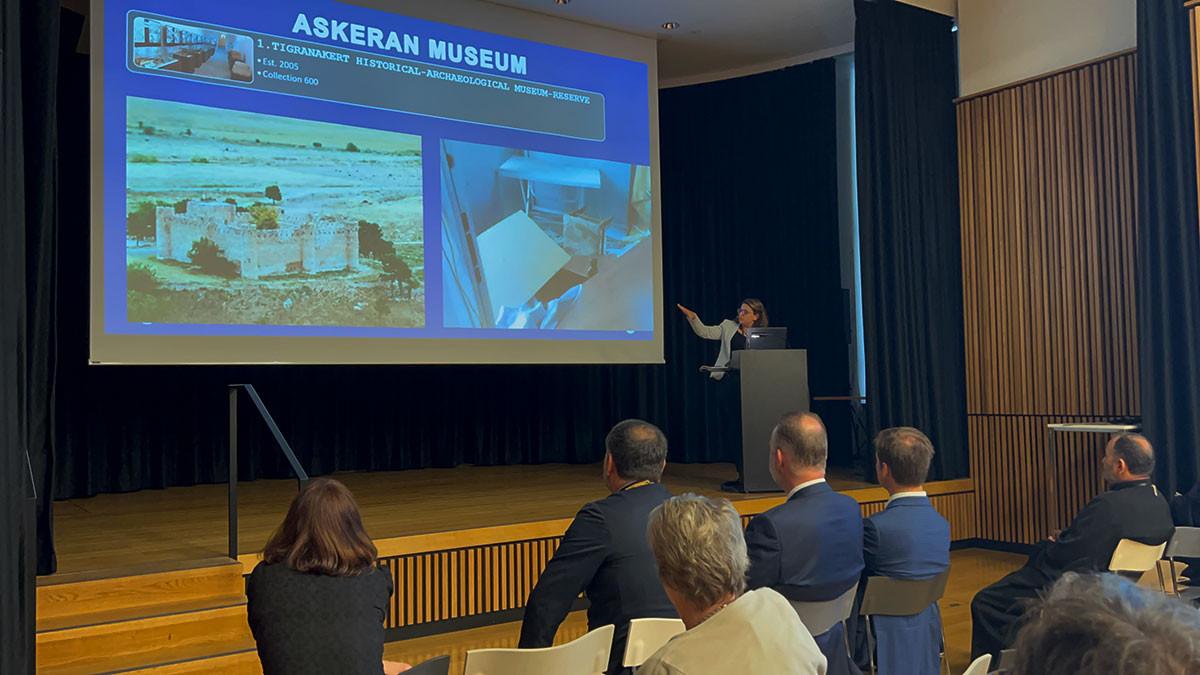
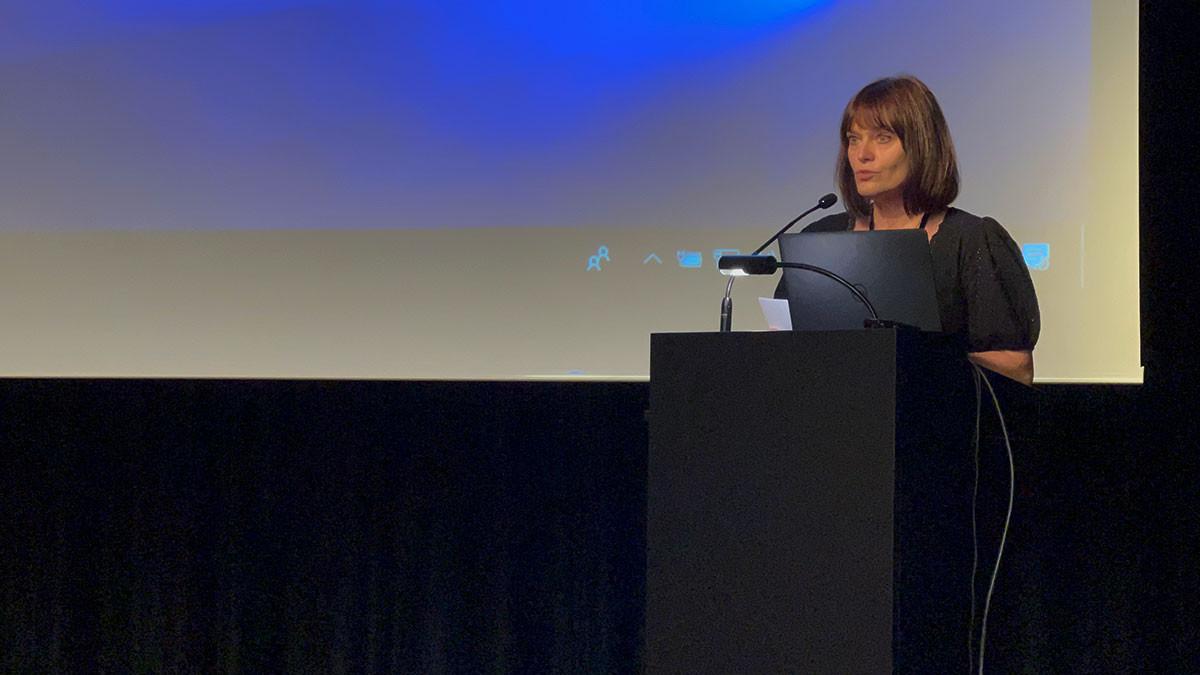
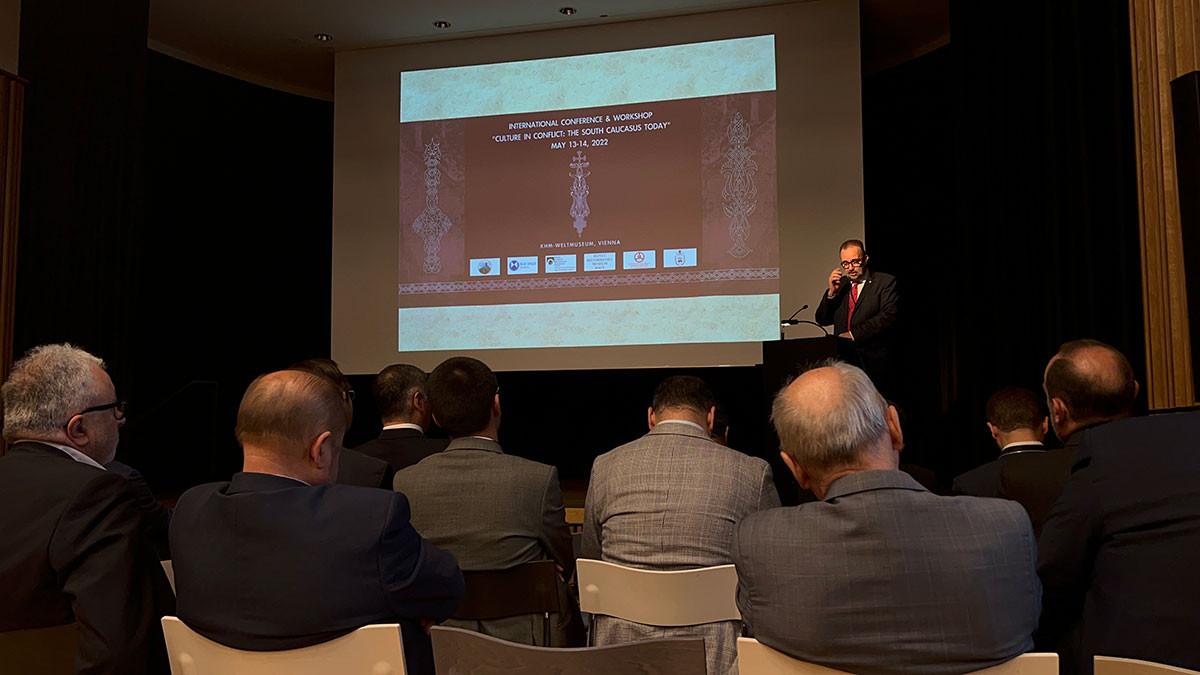
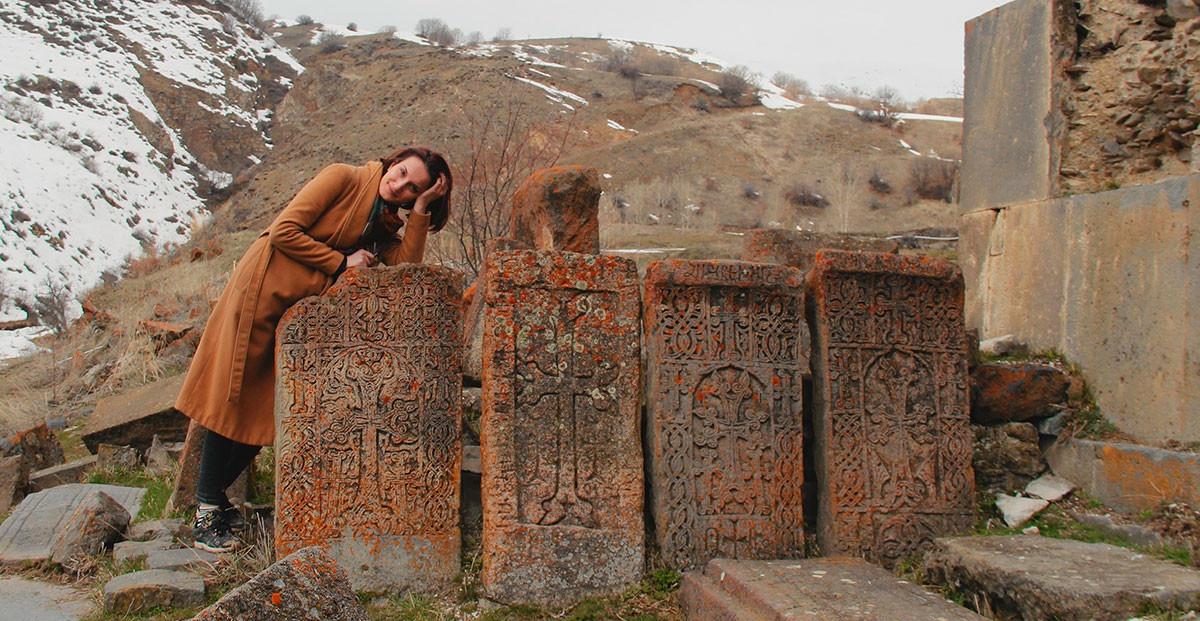
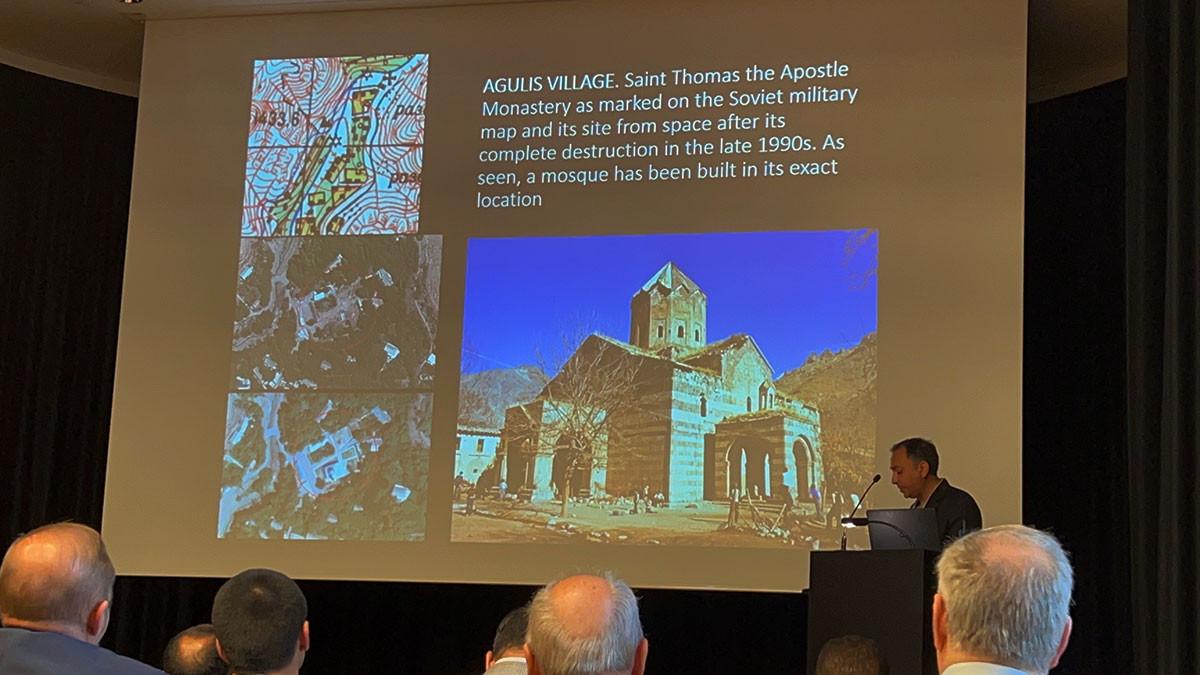
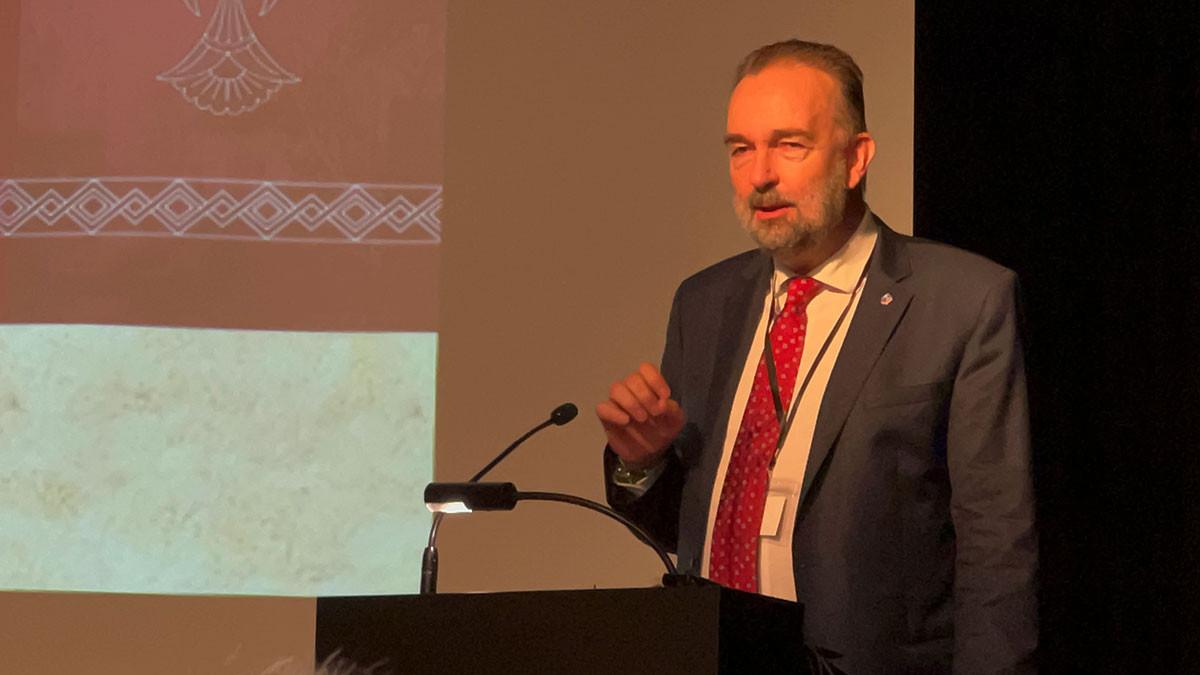
Comments (1)
Write a comment